Chinese companies spending billions buying up the world
China's almighty global spending spree
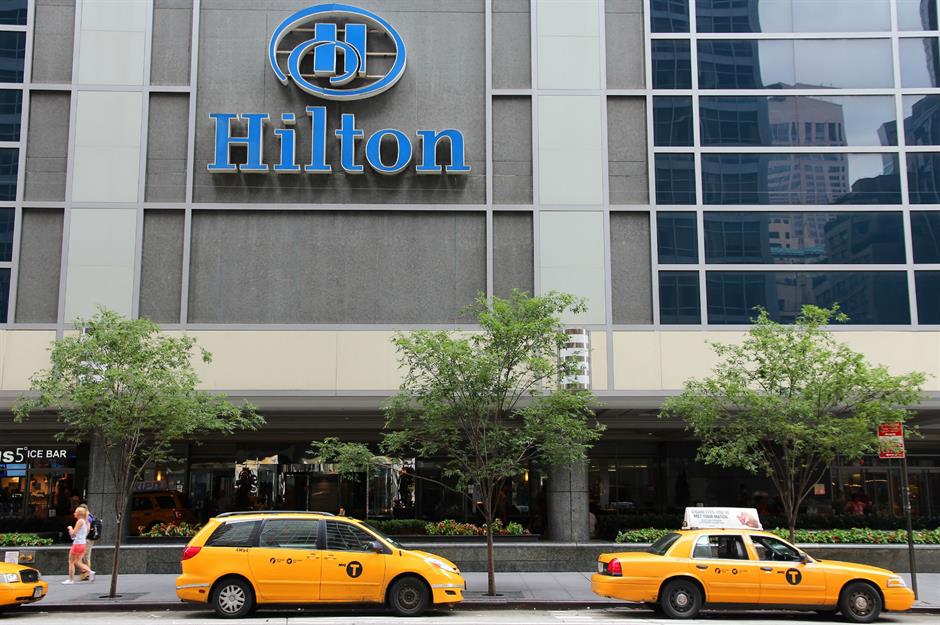
Chinese companies, many of which are state-owned, have ploughed a staggering $2 trillion (£1.6tn) into foreign businesses and construction projects since 2005, buying up everything from prestigious banks and hotel chains to major energy producers. Using the data of the American Enterprise Institute's China Global Investment Tracker, we give you the lowdown on the Asian superpower's investment frenzy and reveal 25 of the biggest and most high-profile purchases.
HNA bought Irish aircraft leasing company Avolon: $5.2 billion (£4.2bn)
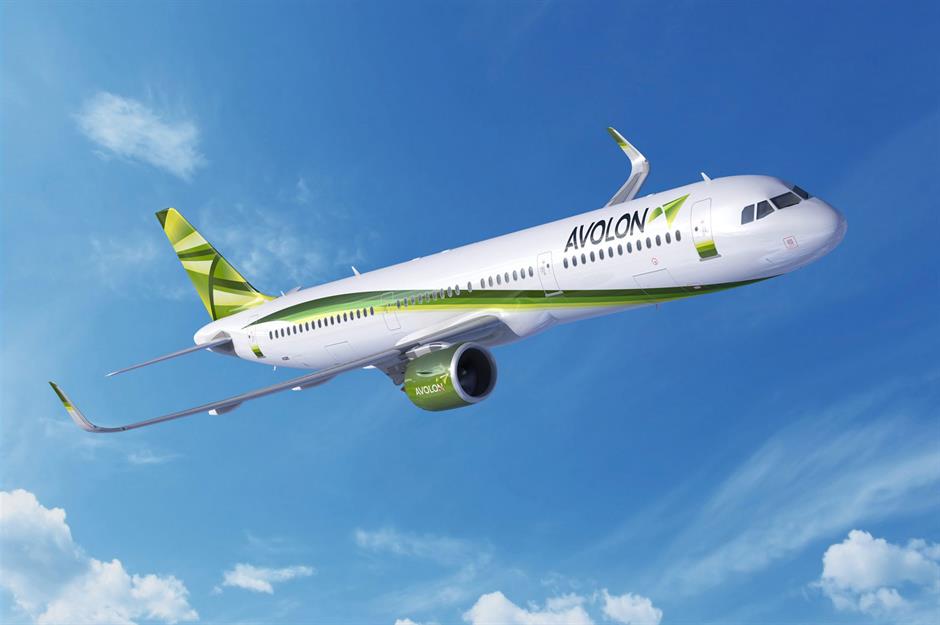
Chinese conglomerate HNA splashed $50 billion (£40bn) on numerous foreign firms during 2016 and 2017, running up huge debts. In January 2016, the group, which spans aviation, financial services, tourism and more, finalised the purchase of Irish aircraft leasing company Avolon via its subsidiary Bohai Leasing, paying $5.2 billion (£4.2bn) for the privilege.
CNPC bought a stake in a Kazakhstani oil and gas company: $5.3 billion (£4.2bn)
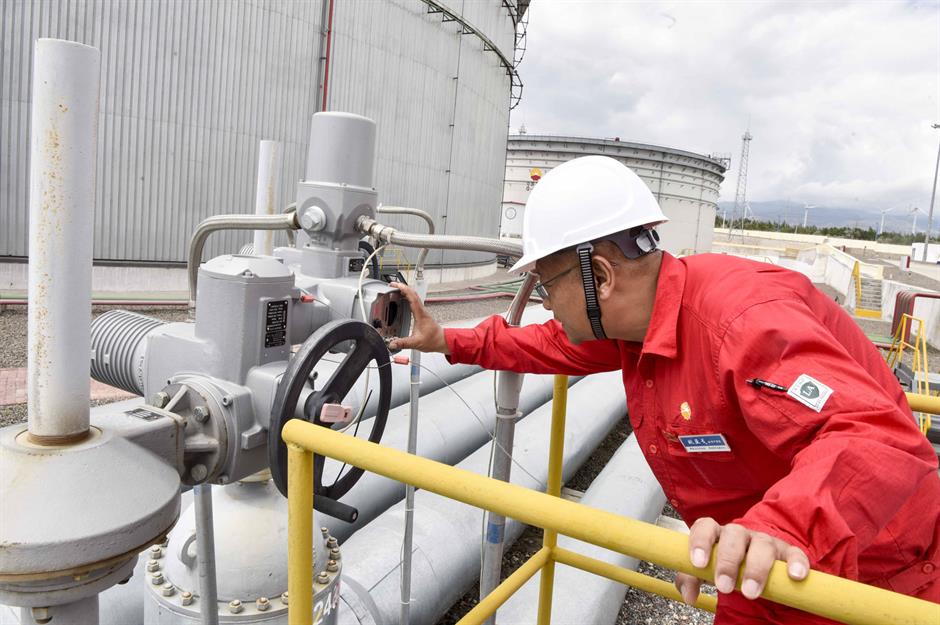
Sponsored Content
Haier bought General Electric's appliance division: $5.4 billion (£4.3bn)
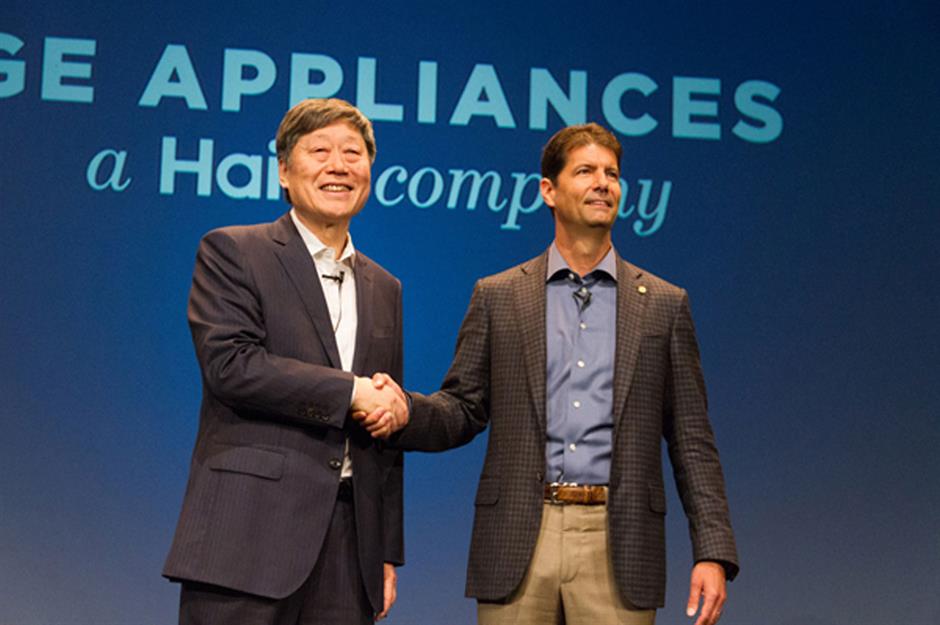
China's outbound foreign direct investment (FDI) in the US skyrocketed to a record $45.6 billion (£36.5bn) in 2016 but has fallen back considerably since then due to the recent trade dispute with the US. In January 2016, however, General Electric offloaded its appliances division to China's Haier, which boasts the world's largest market share in white goods. All in all, the deal was worth some $5.4 billion (£4.3bn).
CNPC bought a stake in Iraq's Rumaila oilfield: $5.6 billion (£4.5bn)
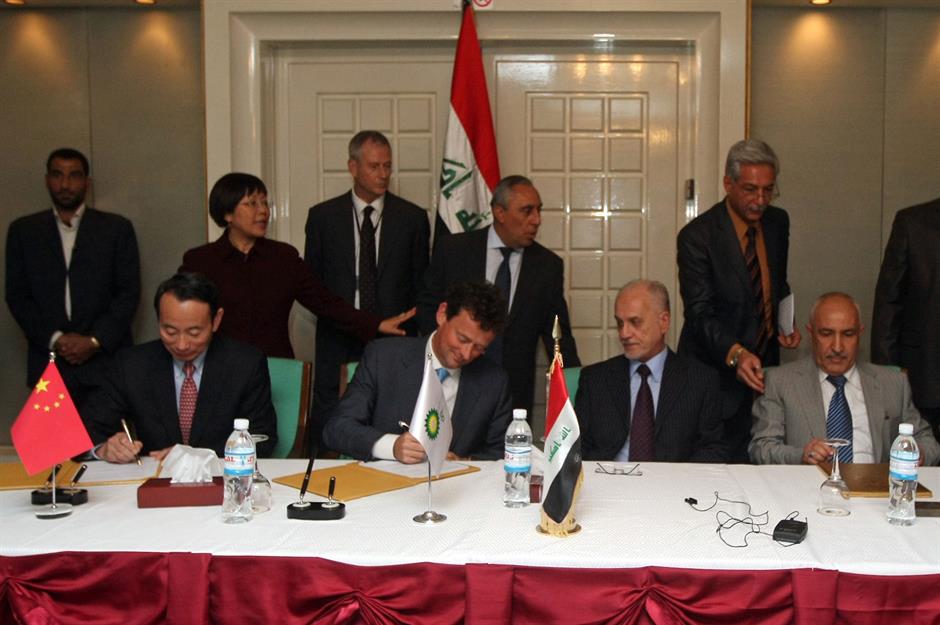
ICBC bought a stake in South Africa's Standard Bank: $5.6 billion (£4.5bn)
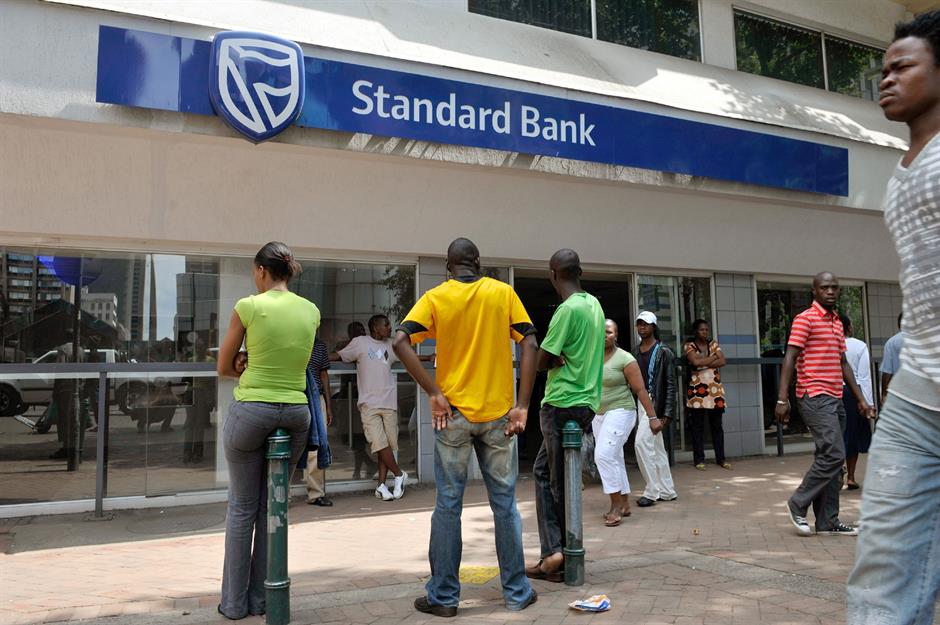
One of China's 'Big Four' government-owned commercial banks, the Industrial and Commercial Bank of China (ICBC) paid $5.6 billion (£4.5bn) in October 2007 for a 20% stake in South Africa's Standard Bank. When adjusted for inflation, this is the largest single China-Africa investment ever. Chinese investment in Africa and the Middle East is increasing, with thousands of ambitious infrastructure projects.
Sponsored Content
Anbang bought American company Strategic Hotels & Resorts for $5.7 billion (£4.6bn)
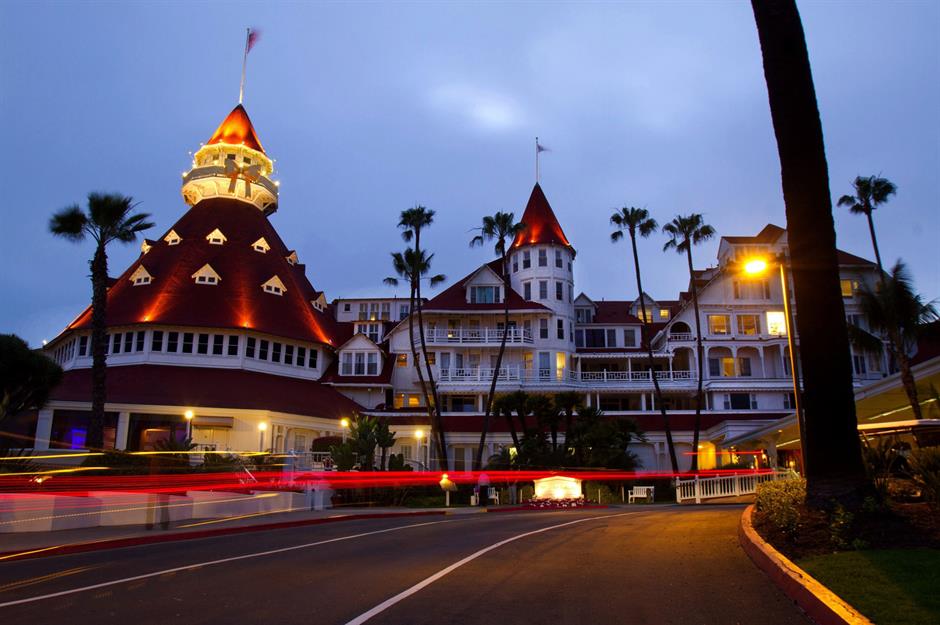
CEEC, PowerChina and Sinopec's invested in Nigeria's Mambilla Power Station: $5.8 billion (£4.6bn)
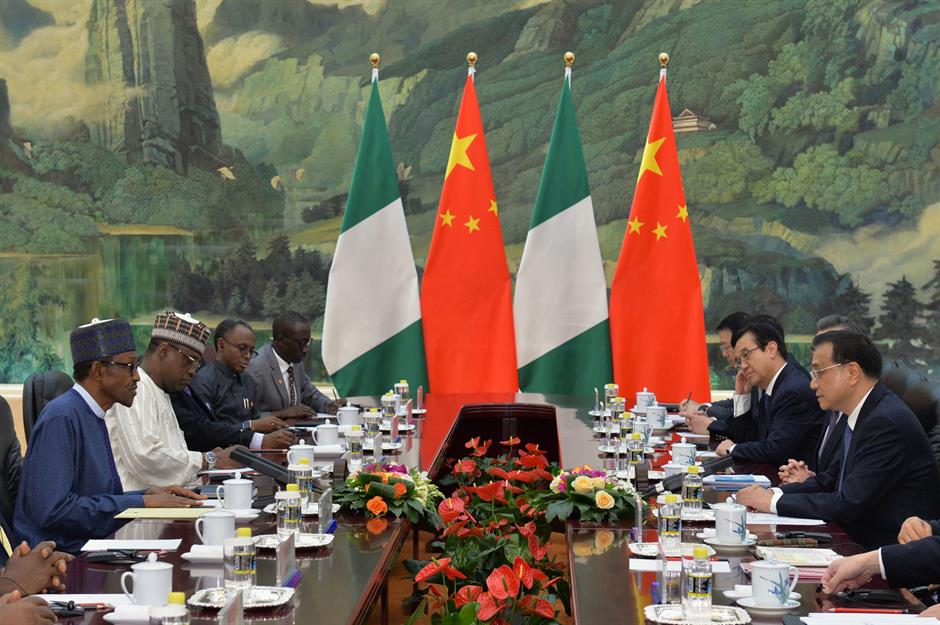
COSCO invested in Greek port Piraeus: $5.8 billion (£4.6bn)
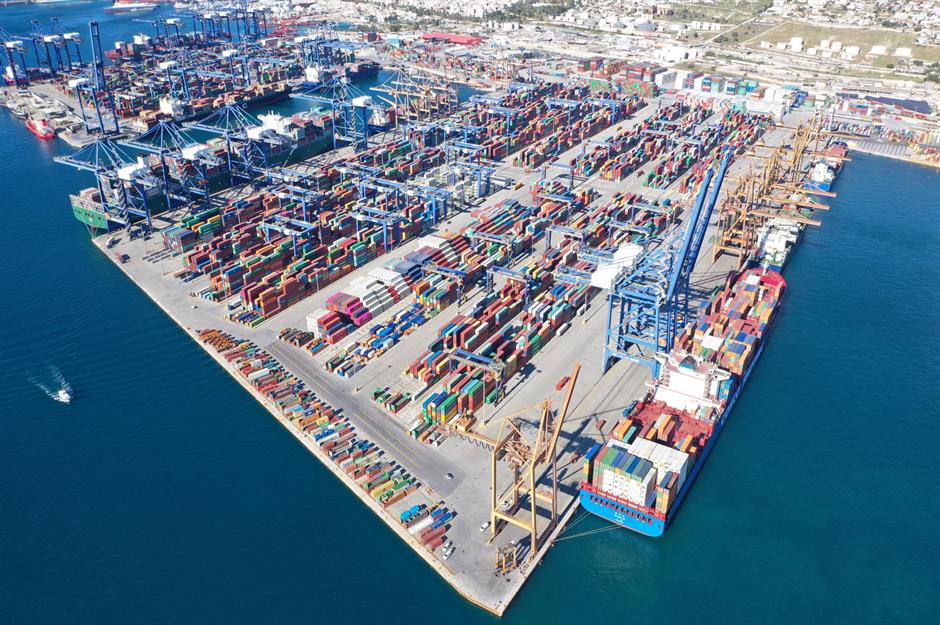
Sponsored Content
CGN bought Malaysian energy company Edra: $6 billion (£4.8bn)
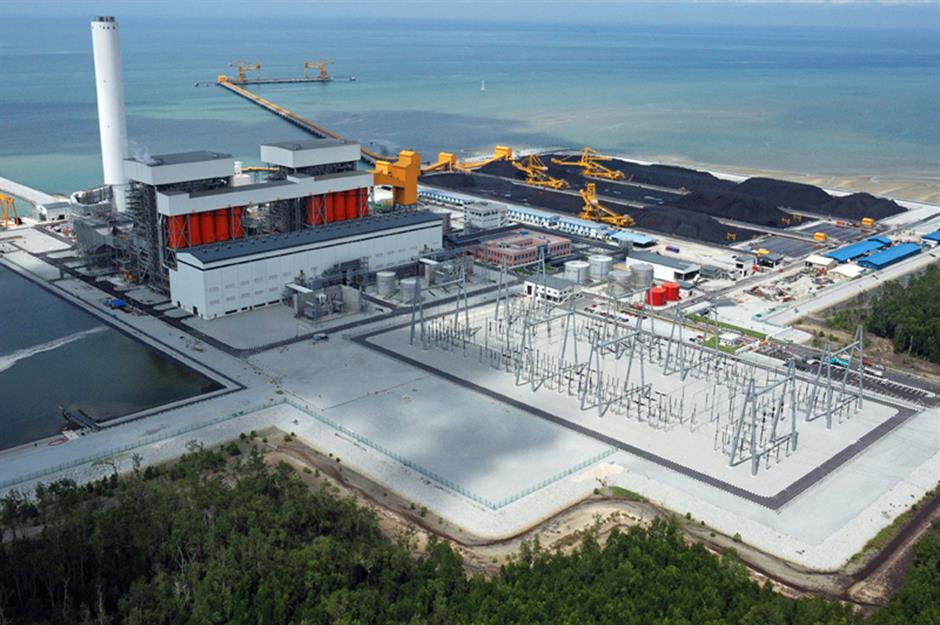
HNA bought American computer parts distributor Ingram Micro: $6 billion (£4.8bn)
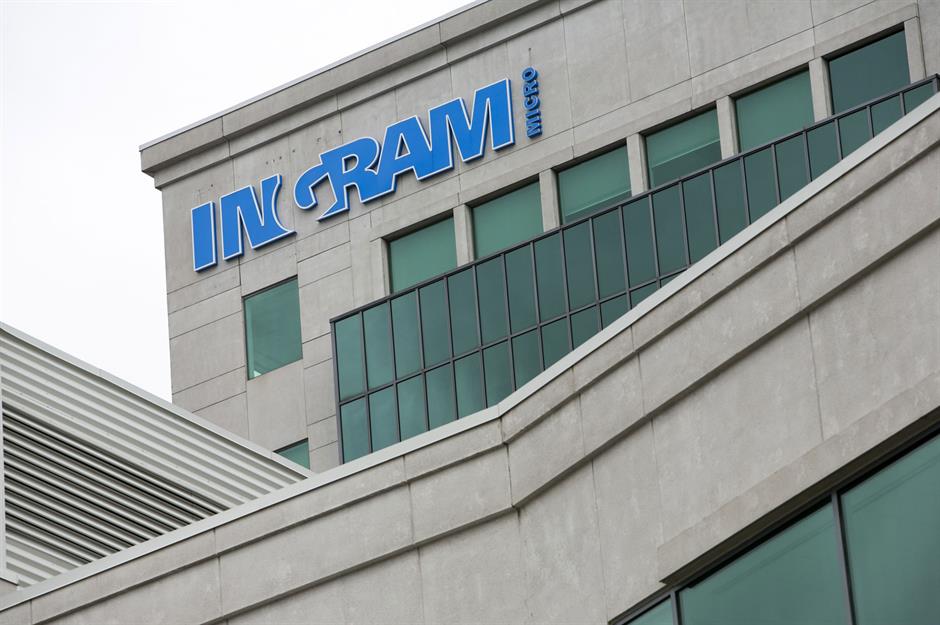
Another of Chinese conglomerate HNA's major acquisitions, US computer parts distributor Ingram Micro was acquired by the Chinese conglomerate in February 2016 for $6 billion (£4.8bn). Having discovered it had bitten off more than it can chew, the group is currently trying to sell the American firm.
HNA also bought a stake in Hilton Worldwide: $6.5 billion (£5.2bn)
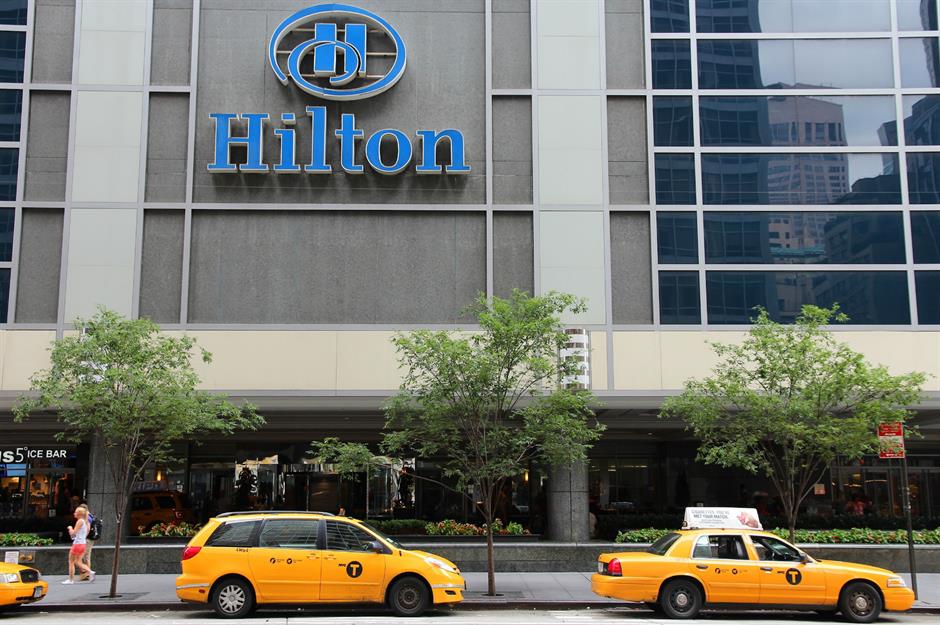
Sponsored Content
China Minmetals, Suzhou Guoxin and CITIC bought Peru's Las Bambas copper mine: $7 billion (£5.6bn)
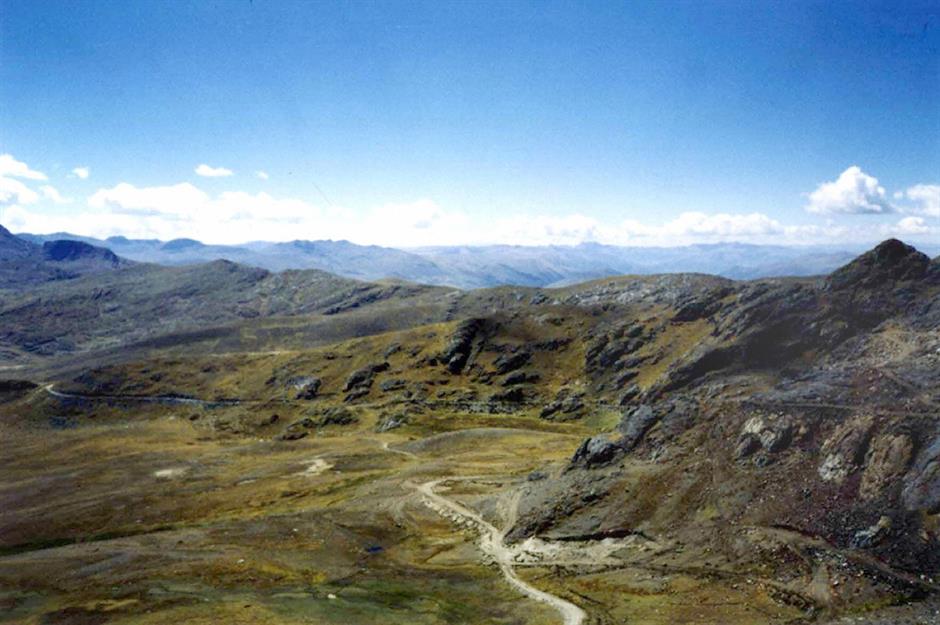
A consortium made up of metals and minerals trading company China Minmetals, conglomerate Suzhou Guoxin and the Chinese state-controlled investment company CITIC acquired Peru's Las Bambas copper mine in April 2014 for $7 billion (£5.6bn). British-Swiss mining behemoth Glencore sold its interest in the mine to garner the Chinese government's approval for its merger with Xstrata.
Shuanghui bought American pork company Smithfield Foods: $7.1 billion (£5.7bn)
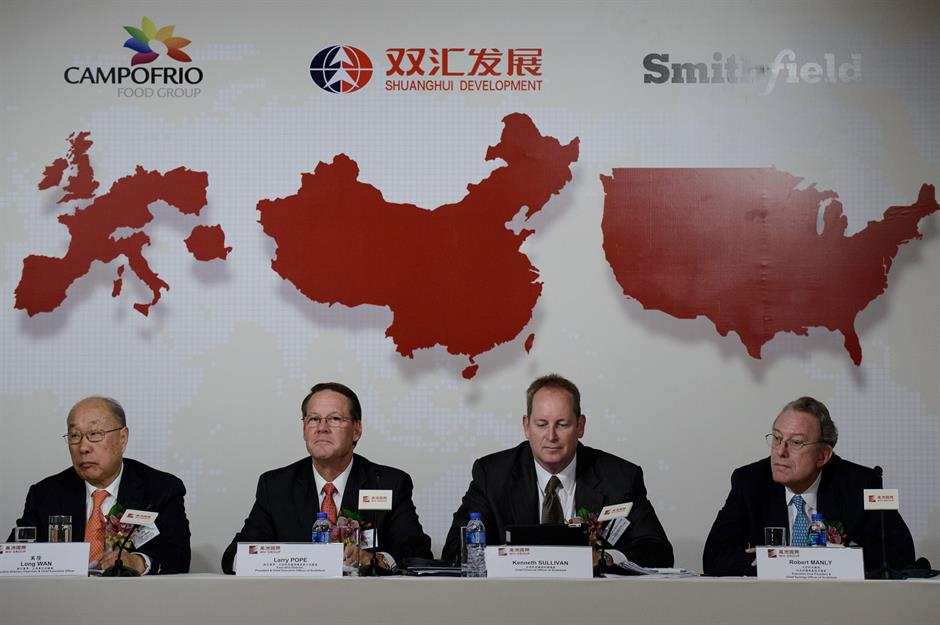
Sinopec bought a stake in Spanish energy company Repsol's Brazilian unit: $7.1 billion (£5.7bn)
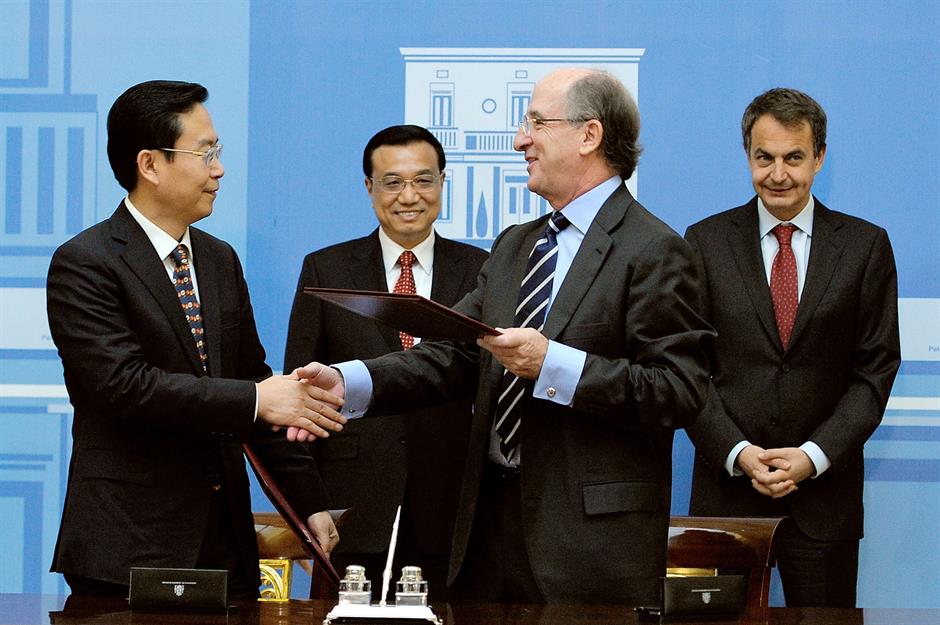
Sponsored Content
Sinopec also bought Swiss-owned oil company Addax Petroleum: $7.2 billion (£5.8bn)
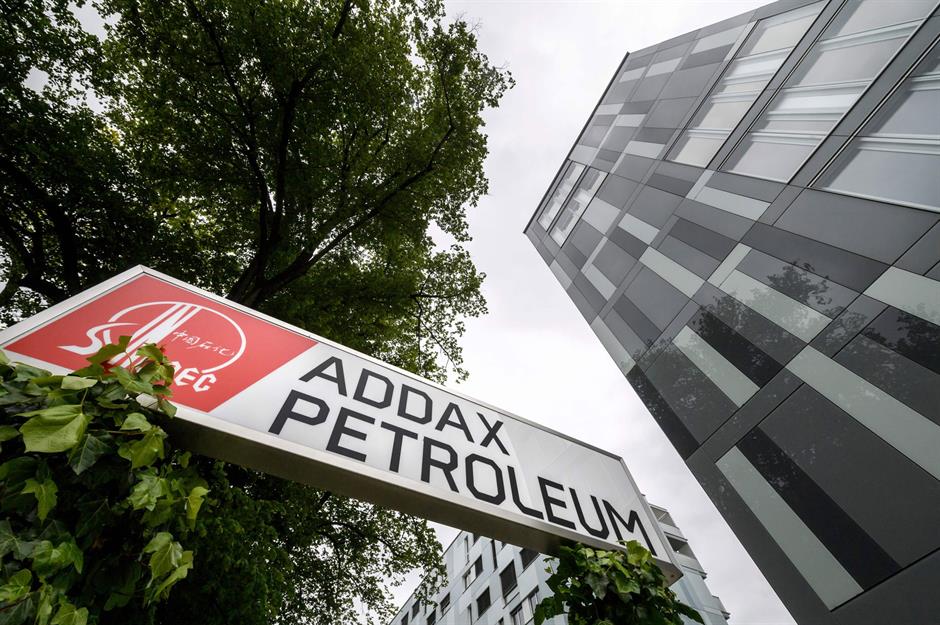
ChemChina and SAFE bought Italian tyre company Pirelli: $7.9 billion (£6.3bn)
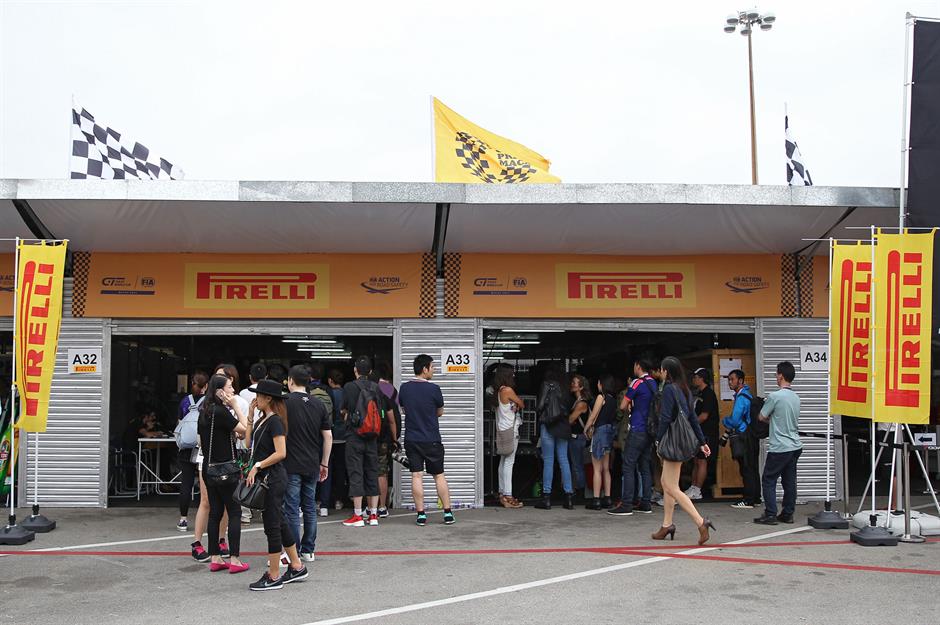
Tencent bought a majority stake in Finnish games developer Supercell: $8.6 billion (£6.9bn)

Eager to increase its overseas reach and profile, Chinese video games and social media leviathan Tencent bought an 84.3% stake in Finland's Supercell in June 2016 in a deal worth $8.6 billion (£6.9bn). Supercell is best known for the hugely-popular smartphone games Clash of Clans and Hay Day.
Sponsored Content
Geely bought a stake in German carmaker Daimler: $9 billion (£7.2bn)
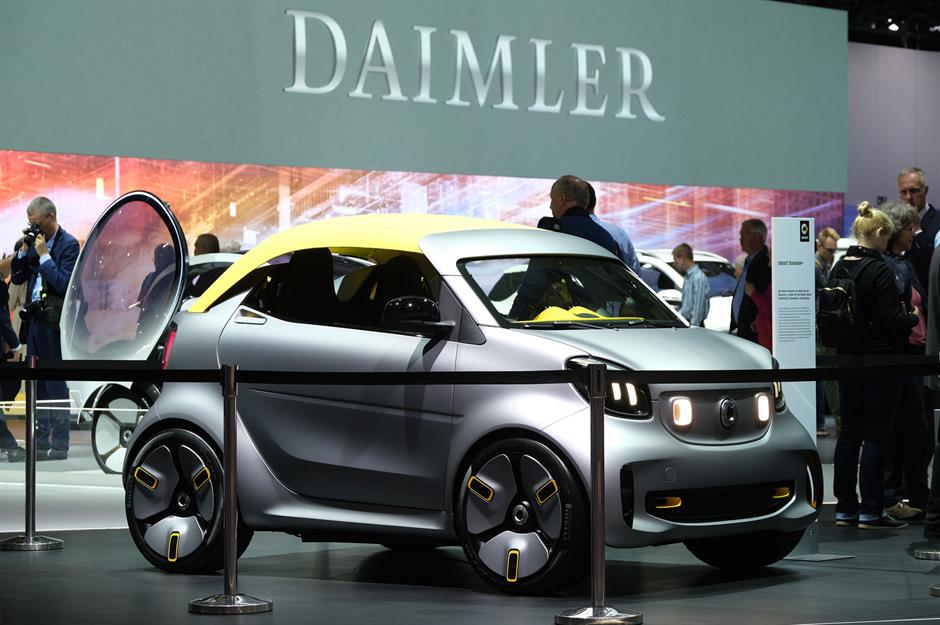
Vanke, Hopu, Hillhouse and Bank of China bought a major stake in Singaporean warehouse company GLP: $9.1 billion (£7.3m)
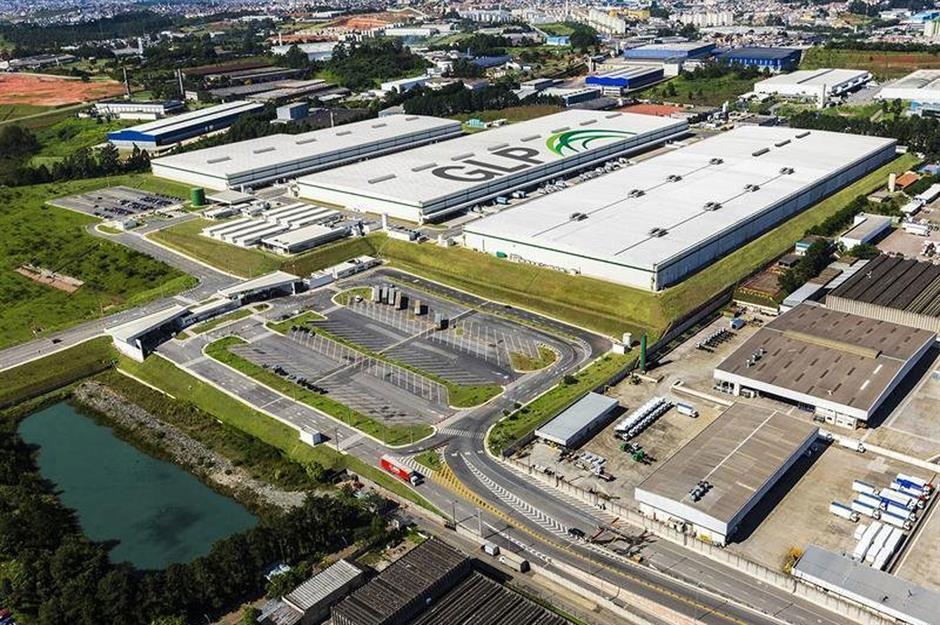
Ping An bought a stake in global bank HSBC: $9.7 billion (£7.8bn)
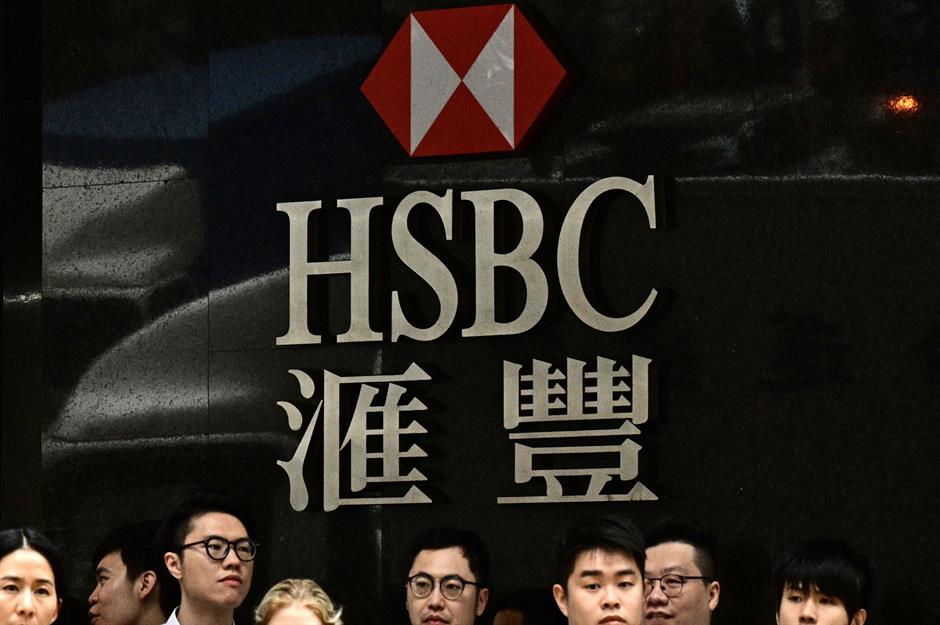
Sponsored Content
HNA bought American company CIT Group's aircraft leasing business: $10.4 billion (£8.3bn)
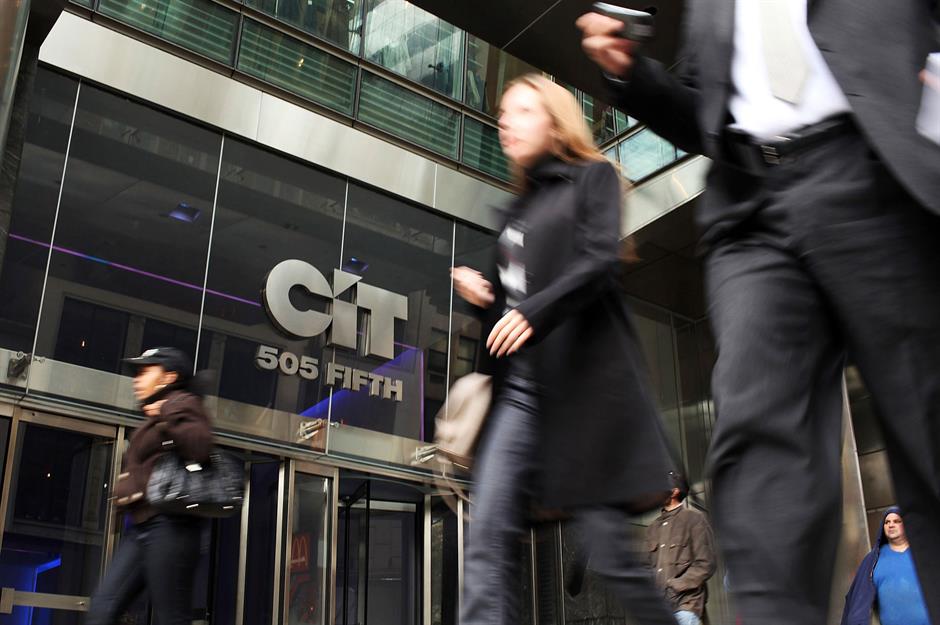
Chinalco bought a stake in mining giant Rio Tinto: $12.8 billion (£10.3bn)
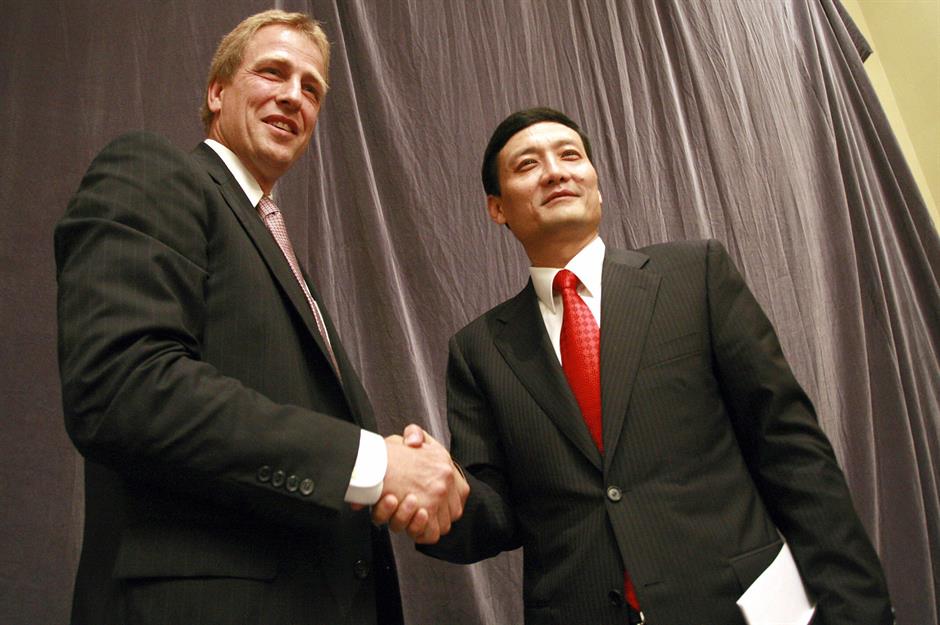
Now the world's third-biggest aluminium producer, Chinalco, which is owned by the Chinese government, acquired a minority stake in British-Australian mining company Rio Tinto in February 2008 in a deal worth $12.8 billion (£10.3bn).
CIC bought pan-European warehouse company Logicor: $13.8 billion (£11.2bn)
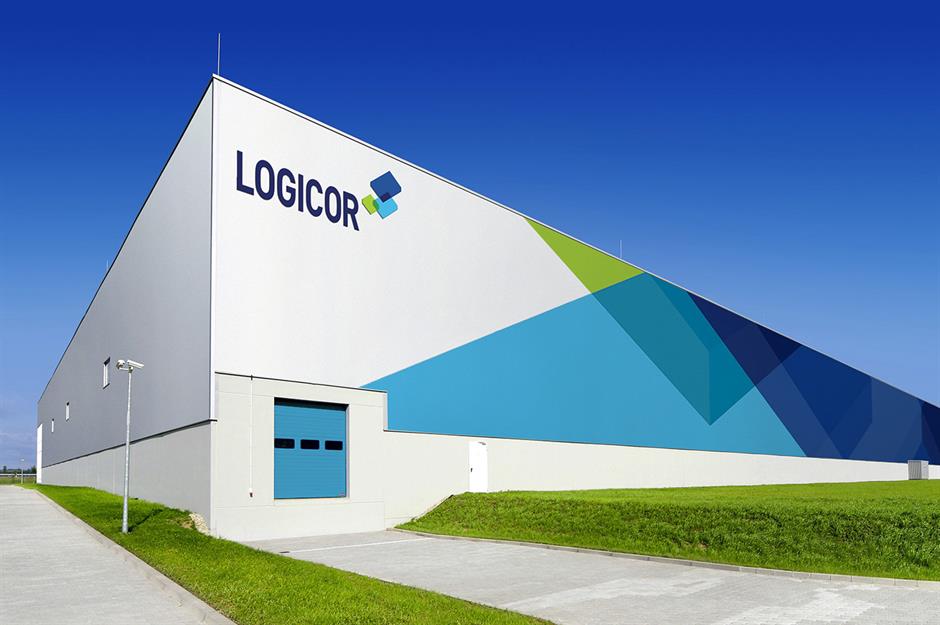
Chinese sovereign wealth fund China Investment Corporation (CIC) closed Europe's largest-ever private equity property deal in July 2017 when it acquired pan-European warehouse business Logicor from America's Blackstone for $13.8 billion (£11.2bn). However, a number of Western countries have become increasingly suspicious of China's motives, tightening foreign takeover rules and discouraging Chinese investment in certain sectors.
From China's Great Wall to the US interstate: the most expensive megaprojects ever
Sponsored Content
CNOOC bought Canadian oil and gas company Nexen: $15.1 billion (£12.1bn)
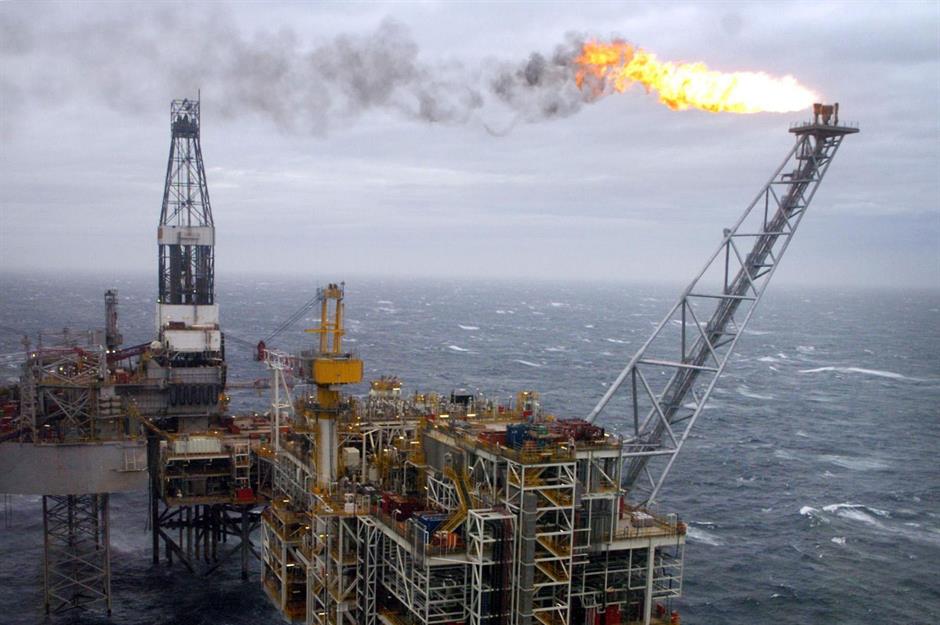
The Chinese government-controlled China National Offshore Oil Corporation (CNOOC), which is the country's third biggest oil producer, got its hands on offshore production facilities in the Gulf of Mexico, North Sea and the Atlantic off Western Africa when it bought Canada's oil and gas company Nexen in December 2012 for $15.1 billion (£12.1bn).
Discover where the world's garbage goes now China doesn't want it
ChemChina and China Reform Holdings bought Swiss agrochemicals and seed company Syngenta: $43 billion (£34.5bn)
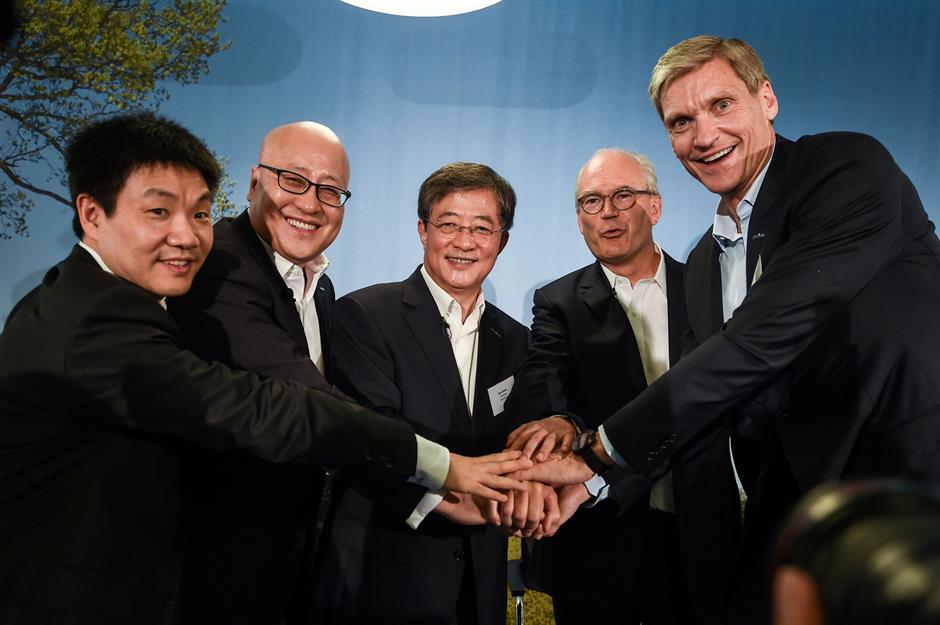
Chinese state-owned chemicals company ChemChina teamed up with the Chinese government's sovereign fund China Reform Holdings in June 2017 to buy Swiss agrochemicals and seeds company Syngenta for $43 billion (£34.5bn), eclipsing all over FDI deals. Uncertainties over its ability to integrate the Swiss firm, however, have led to speculation ChemChina may sell on the business.
Now see some new 'Made in China' innovations that show why China's leading the world
Comments
Be the first to comment
Do you want to comment on this article? You need to be signed in for this feature